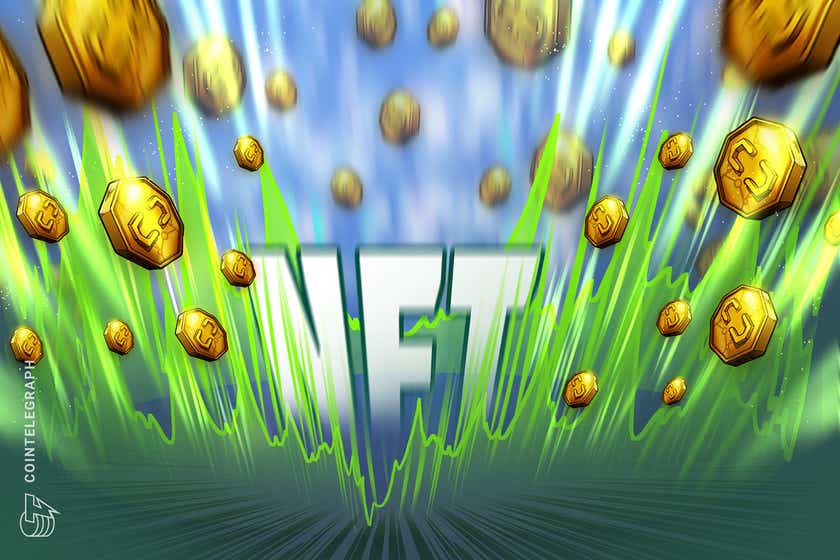Key Bitcoin price indicator flashes its ‘fifth buy signal in BTC history’
The cryptocurrency market found itself in a state of cautious optimism on June 28 after Bitcoin (BTC) price briefly spiked above $35,500, renewing hopes that the bull trend will resume shortly.
Despite the bullish move, some analysts have warned that the failure to secure a daily close above the $35,000 resistance is a sign that traders are simply closing positions at each breakout to resistance, a hint that further downside could be in store.
According to David Puell, on-chain analyst and creator of the Puell Multiple, the indicator has just given its fifth Bitcoin buy signal in history.
$BTC: Getting reports that the most awesomely-named indicator just gave its fifth buy signal in BTC history.
Looking good, yes, but remember that Puell Multiple reacts to hash rate movements too, and hash rate follows price, not the other way around.
— David Puell (@kenoshaking) June 28, 2021
The Puell Multiple focuses on the supply side of the Bitcoin economy, mainly Bitcoin miners and their revenue, and explores market cycles from a mining revenue perspective.
It is calculated by dividing the daily issuance value of BTC (in USD) by the 365-day moving average of daily issuance value.

As seen on the chart above, the indicator measures periods where the daily value of the Bitcoin issued reaches historic lows, represented by the green box, or historically high values, which are seen when the indicator climbs into the red box.
Past instances when the Puell Multiple indicated good buying opportunities include mid-2018, when the price of BTC crashed below $4,000 in the midst of the crypto winter and again in March 2020 when prices collapsed as a result of the Covid-19 pandemic.
It also provided traders with a sell signal in late 2017 as the price of BTC topped out at that cycle’s high point, as well during the Bitcoin bull market of 2013.
Miner purge leads to a historic drop in mining difficlty
The recent struggles for Bitcoin have been exacerbated by the crackdown on mining in China, which prompted numerous large mining farms to shut down and relocate to other countries. Analysts now expect the largest drop in mining difficulty ever as the hashrate plunges from historic highs.

While miners are generally viewed as compulsory sellers due to their need to cover the fixed costs involved in operating a mining operation, recent selling behavior has been followed by the 50% draw-down in price which means twice as much BTC needs to be sold to cover the same costs in fiat as well as increased expenses incurred by miners shifting their operations out of China.
Related: Iranian trade ministry issues 30 crypto mining licenses
Cautious traders may be focused on the fact that past instances of significant declines in hashrate have been followed by price pull-backs, resulting in a reluctance to deploy funds in the current market conditions.

While the price of BTC has made some gains on June 28, Puell offered a word of caution that multiple factors should be considered and no indicator should be used in isolation to make trading decisions.
Puell said:
“Hash rate follows price AND other exogenous factors, as we have clearly seen with the China situation.”
The views and opinions expressed here are solely those of the author and do not necessarily reflect the views of Cointelegraph.com. Every investment and trading move involves risk, you should conduct your own research when making a decision.









